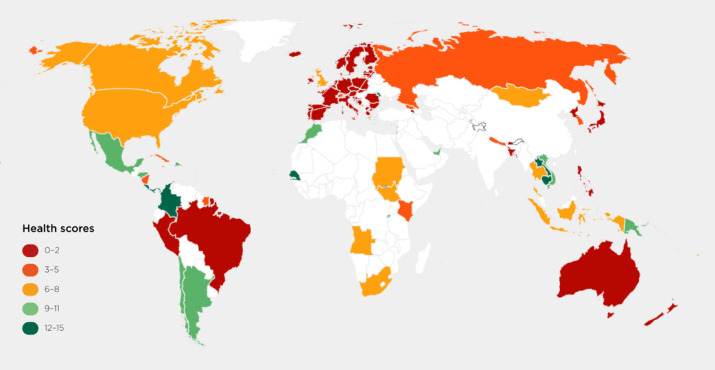Education holds a paramount relationship with the Sustainable Development Goals (SDGs) as delineated by the United Nations in 2015. It is not only recognized in its standalone form in SDG 4, which strives to “ensure inclusive and equitable quality education and promote lifelong learning opportunities for all”, but also serves as an enabler of other SDGs, highlighting its cross-cutting impact across multiple facets of development. It acts as the foundation stone of knowledge, fostering an understanding of complex socio-economic dynamics that are critical for the attainment of other goals.
Consider, for instance, how education impacts SDG 1 - No Poverty. The increased earning potential offered by quality education is a powerful tool in breaking the poverty cycle. Similarly, in relation to SDG 3 - Good Health and Well-being, education is instrumental in driving better health outcomes by fostering understanding of healthy lifestyles, disease prevention, and the benefits of timely medical intervention.
Addressing the climate crisis (SDG 13) also necessitates education, as it prepares individuals to understand the intricate relationships between human activities and their environmental impact, and to seek sustainable solutions. Moreover, achieving gender equality (SDG 5) is intrinsically tied to education, as access to quality learning opportunities for girls and women empowers them, promotes their participation in decision-making processes, and helps in overturning deeply entrenched societal biases.
Quality education also fosters innovation and infrastructure development (SDG 9), as it equips individuals with the technical and creative skills necessary to devise advanced technologies and infrastructures. Moreover, education fosters peace and justice (SDG 16) by promoting a culture of peace, non-violence, global citizenship, and appreciation of cultural diversity.
In this multifaceted role, education serves as a catalyst in the process of sustainable development. However, these interconnections necessitate that education systems themselves are made more inclusive, resilient, and sustainable. The challenges of the 21st century, such as the digital divide and the increasing need for lifelong learning, require urgent attention to ensure education continues to play its role effectively. Education is the key that unlocks the potential of all other SDGs, making its universal attainment not just a goal, but a pre-requisite for a sustainable future.
In Nigeria, the disparity between available healthcare services and need for mental health services is palpable. Although, the country has made significant advances on challenging public health problems, health-related policy development and legislation in trying to achieve health for all policy, there have been challenges with regards to mental health services including that of policy development and legislation, financing, research, training and integration of mental health care into primary health care.

